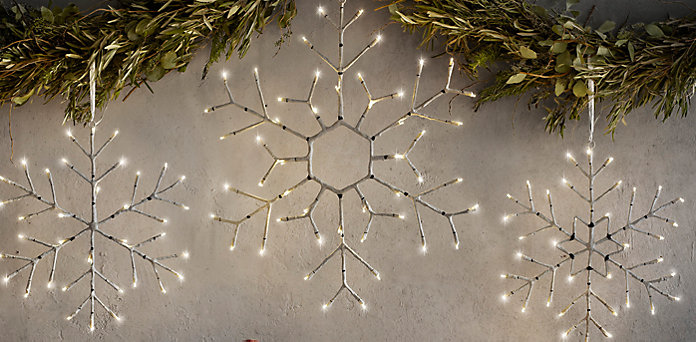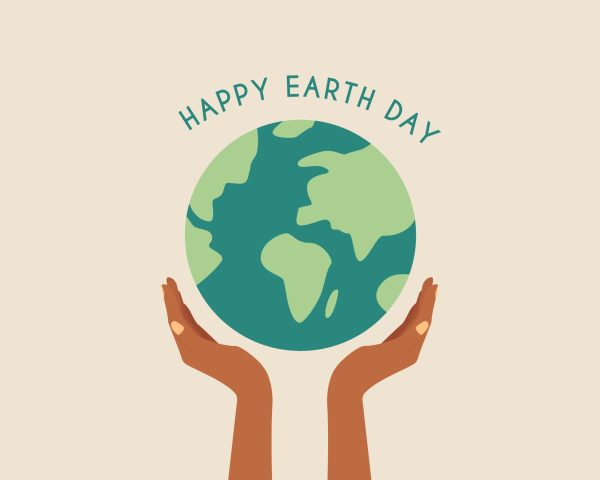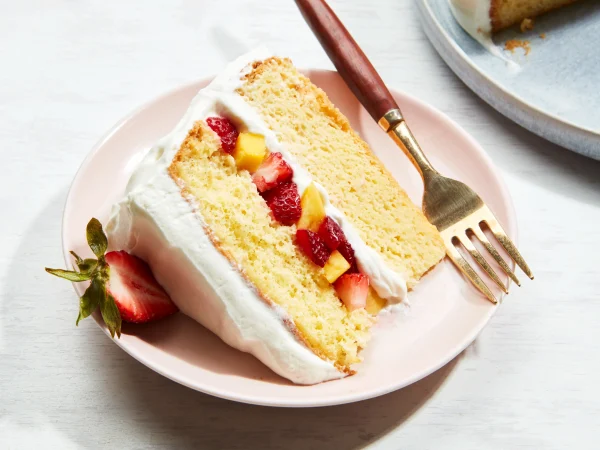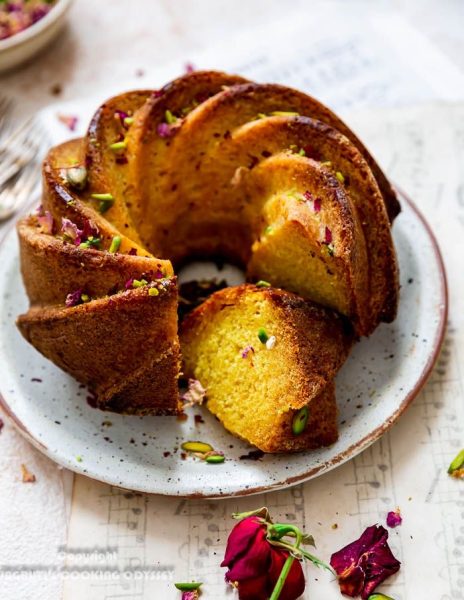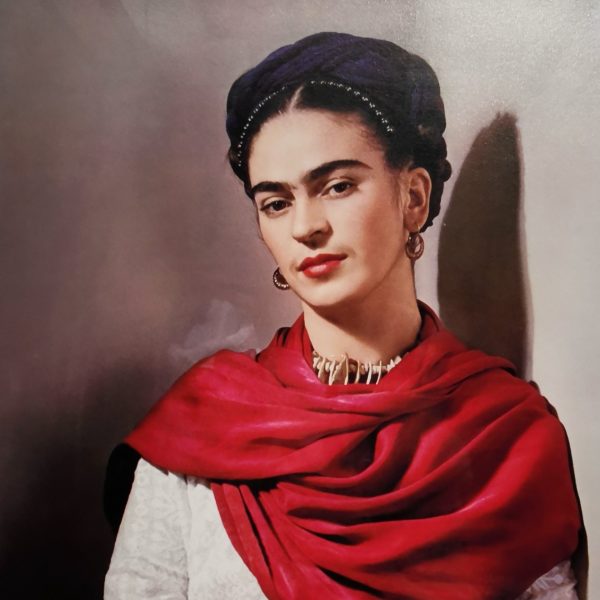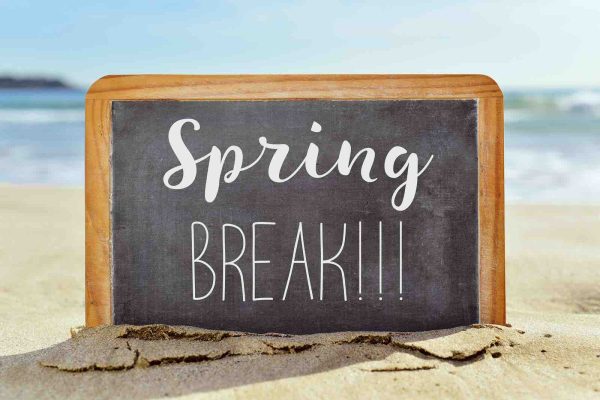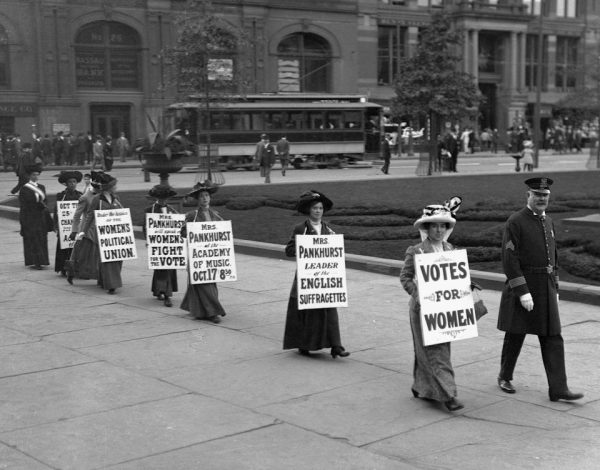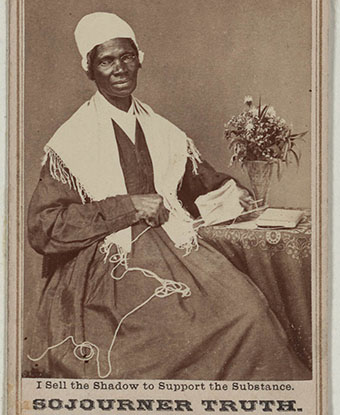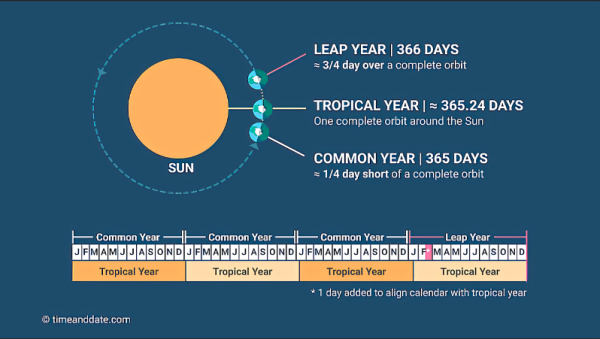The History of Our Holidays
Christmas is a holiday that permeates all of life during December- the music, the foods, and the gifts and toys! Every year people send out Christmas cards to friends and family and invitations to join them for a proper Christmas dinner with laughter, good food, and gifts! Christmas is a big holiday now, but what happened to make it such an influential day of the year? What is Christmas from?
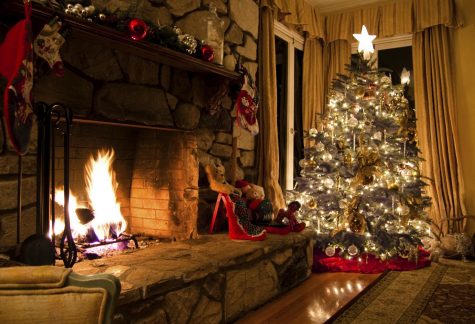 For a long time the mid-winter mark has been celebrated. The winter solstice is an ancient celebration that declares the beginning of longer days again and the worst of winter being over. Around the world there were many different customs and rituals that were enacted on the celebrations of of this time of year, sometimes called Yule. The birth of Jesus was not originally called a Christian holiday or even celebrated until Pope Julius I declared it holiday and designated the date as December 25. The history of Christmas is rather tumultuous in terms of being celebrated; it has been celebrated on and off since it was installed, but in the last several hundred years it became a solid tradition and legend. The feasting and gift giving has modernized over time but the spirit of Christmas remains the same!
For a long time the mid-winter mark has been celebrated. The winter solstice is an ancient celebration that declares the beginning of longer days again and the worst of winter being over. Around the world there were many different customs and rituals that were enacted on the celebrations of of this time of year, sometimes called Yule. The birth of Jesus was not originally called a Christian holiday or even celebrated until Pope Julius I declared it holiday and designated the date as December 25. The history of Christmas is rather tumultuous in terms of being celebrated; it has been celebrated on and off since it was installed, but in the last several hundred years it became a solid tradition and legend. The feasting and gift giving has modernized over time but the spirit of Christmas remains the same!
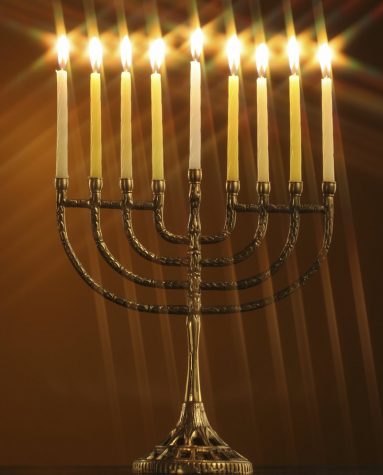 Another popular winter-time holiday celebrated in December is Hanukkah. This Jewish celebration lasts for eight days. It commemorates Jews rededicating the Second Temple in Jerusalem. This second century B.C. event is a holiday celebrated according to the Hebrew calendar, which means it can fall in November and December. Also called the Festival of Lights, celebrations include lighting the menorah, playing traditional games, and enjoying food and gifts.
Another popular winter-time holiday celebrated in December is Hanukkah. This Jewish celebration lasts for eight days. It commemorates Jews rededicating the Second Temple in Jerusalem. This second century B.C. event is a holiday celebrated according to the Hebrew calendar, which means it can fall in November and December. Also called the Festival of Lights, celebrations include lighting the menorah, playing traditional games, and enjoying food and gifts.
In second century B.C. the Jews were living under the harsh rule of Greek-Syrian oppressors, and the Jews finally rose up in the Maccabean Revolt. The successful overthrowing was celebrated and named Hanukkah, which means dedication, because of the fierce fighting witnessed and unbreakable will to be free that helped the people win back their temple and their freedom. Celebrated on the 25th of Kislev, this beautiful holiday has endured and is celebrated today in homes across the world.
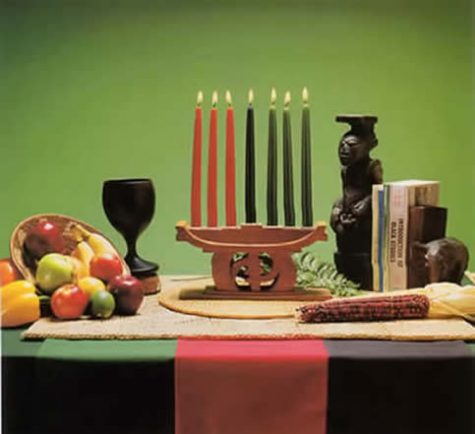
One more December time holiday is Kwanzaa. Kwanzaa is a beautiful African-American holiday that was created in 1966 to bring them together as a community. Dr. Maulana Karenga, a professor at California State University, Long Beach, founded a cultural organization looking into African “first fruit” celebrations. This version of a harvest festival combined a bunch of different cultural harvest festival celebrations. The relatively recent holiday is individual to each family, but is often including traditional songs and dances, poetry reading, storytelling, African drums, and a large traditional meal with family.
Kwanzaa lasts seven nights, and similar to Hanukkah one candle is lit every night on the Kinara-also similar to the menorah. A child is to light the candles every night; one candle for every one of the seven principles of African culture. The Nguzo Saba (the seven principles) often embody African values for strengthening African-American community. The values are Unity, Self-Determination, Collective Work and Responsibility, Cooperative Economics, Purpose, Creativity, and Faith.
